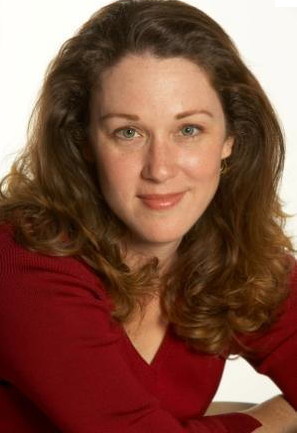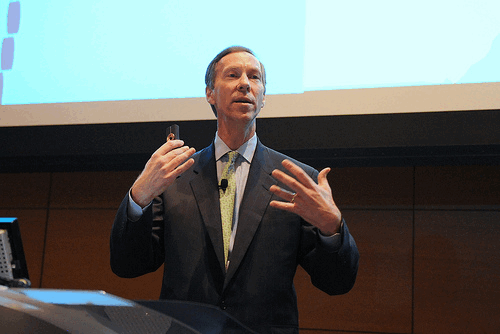Ken Feinberg just might have the most difficult job out there. He has worked as mediator/administrator in the wake of tragedies and natural disasters such as 9/11, the shootings at Virginia Tech, Hurricane Katrina and the Holocaust slave labor litigation. He is currently serving as the administrator for the $20 billion BP oil spill claims fund.
It is Feinberg’s job to sit with victim’s families and to sift through claims from each disaster in order to figure out how much their personal and financial loss is worth. It is a job few envy.
But through his years of experience with mediation and dispute resolution, he has learned that there are two types of risk that challenge leadership:
- Risk as defined by the assignment that you’ve undertaken
- External risk — or in other words, the external pressures on you or the stress level factored into how you perform
“You have to define risk with each situation [you’re presented],” he said. “When I pay a fisherman, I find a payment that ends their concern, but what is the likely risk that the Gulf is safe? Have I factored into that reward a good understanding of future risk to fishing in the Gulf? Inherent is the notion of a substantive definition of risk.”
In relating that knowledge to his recent tasks as administrator of the 9/11 victim’s compensation fund and the BP oil spill claims fund, he noted:
“When administering the 9/11 fund, it turned out that my evaluation of risk was poorly done — I underestimated the support of the victim’s families and the public in general. I evaluated correctly with the BP case — I’m a human pinata.”
More so than knowing and incorporating the two types of risk that challenge leadership, those in charge should also incorporate certain characteristics. The following are those Feinberg truly believes in and which he has incorporated during his challenging assignments:
- Convey a sense of certainty
- Be transparent — “The more sunlight I let into the room, the easier it is,” he said.
- Consistency — no bias or favoritism
- Flexibility — keep an open mind
- Use sound judgement — “Give the people impacted by your decisions a say.”
- Delegate to good people — “Staff is the key.”
Feinberg’s job is not easy, but it has taught him a lifetime worth of lessons regarding leadership, risk and fairness.
Check back over the next several days for more posts relating to the amazing speakers I was fortunate enough to hear at the Wharton Leadership Conference, including Jane Golden, executive director of the City of Philadelphia Mural Arts Program; James Quigley, author of As One; and senior partner at Deloitte; and Colonel Jack Jacobs, NBC analyst and recipient of the Medal of Honor.




